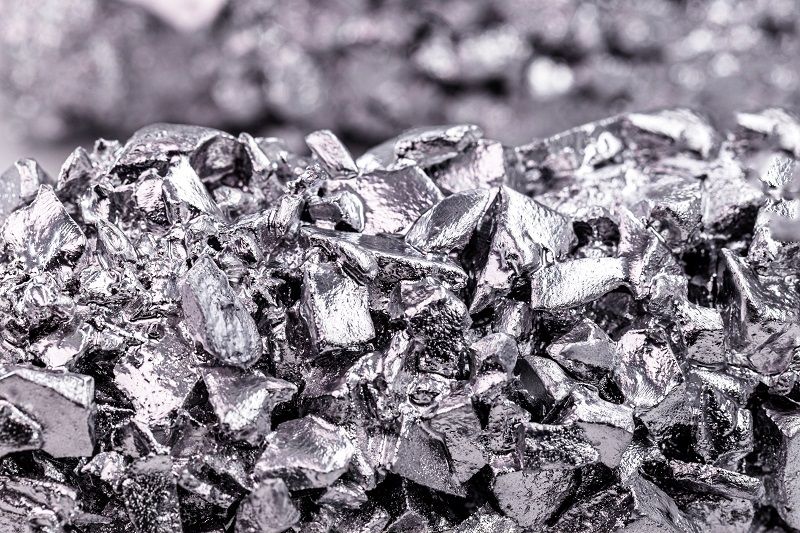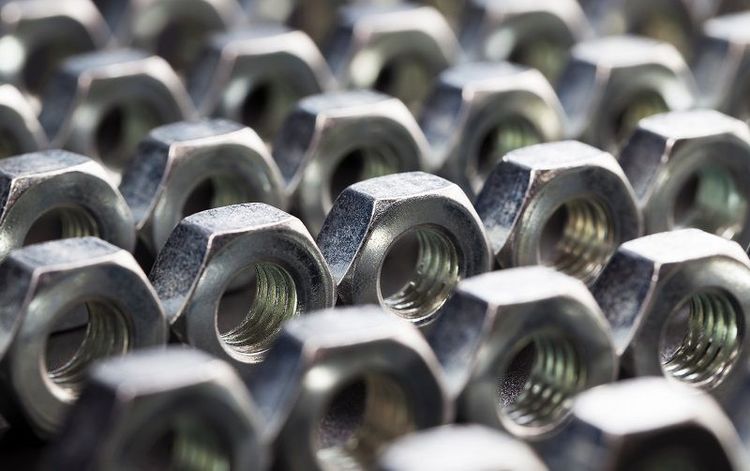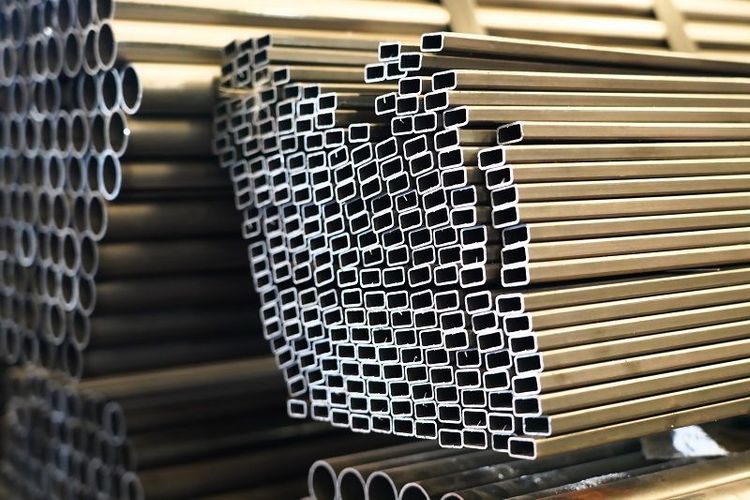3. Adopt strict quality control measures: Steelmakers should implement strict quality control measures to ensure the steel meets the required specifications. This includes testing the steel for impurities and other defects affecting its mechanical properties.
4. Use alloying elements: Alloying elements such as Manganese, Silicon, and Aluminium can be added to the steel to counter the adverse effects of Sulphur, Phosphorus, and Oxygen. For example, manganese can combine with Sulphur to form manganese sulfide, which is a less harmful inclusion than iron sulfide.
Impact of alloying elements
Alloying elements are added to steel to improve its strength, hardness, corrosion resistance, and other mechanical properties. The most common alloying elements added to mild steel include Manganese, Silicon, Nickel, Chromium, and Molybdenum.
1. Manganese is mild steel's most commonly used alloying element. It is added to improve the strength and toughness of the steel. Manganese also helps in the formation of austenite, a type of crystal structure that is known for its excellent ductility and toughness.
2. Silicon is another commonly used alloying element in mild steel. Silicon helps in the deoxidation process during steel production, improving the steel quality. The addition of Silicon to mild steel significantly improves its hardness and tensile strength, making it suitable for applications that require high strength and wear resistance.
3. Nickel is a versatile alloying element that improves the toughness and ductility of steel. It also enhances the corrosion resistance of steel, making it suitable for use in harsh environments. Nickel also helps to stabilise the austenitic structure in stainless steel, which improves its high-temperature performance.
4. Chromium is highly resistant to corrosion and oxidation, making it an ideal material for use in environments that are exposed to high temperatures and harsh chemicals. Chromium also helps improve steel's strength and hardness, making it suitable for use in applications that require high strength and wear resistance. The addition of Chromium to steel results in the formation of a passive oxide layer on the surface, which provides protection against corrosion and improves the material's durability.
5. Molybdenum – Adding Molybdenum to mild steel significantly improves its strength and toughness, making it suitable for applications that require high strength and toughness. Molybdenum also improves the high-temperature resistance of the steel, making it ideal for applications that require high-temperature resistance.
Both impurities and alloying elements significantly impact the mechanical properties of mild steel. Impurities such as Sulphur, Phosphorus, and Oxygen can reduce the material's ductility, toughness, and weldability. At the same time, alloying elements like Manganese, Silicon, Nickel, Chromium, and Molybdenum can improve steel's strength, hardness, and resistance to wear and corrosion.
Understanding the effects of these elements is crucial for selecting the appropriate type of mild steel for different applications and ensuring the safety and reliability of finished products. Steelmakers can reduce impurities' impact and utilise alloying elements to enhance mild steel's mechanical properties. By doing so, they can meet various industries' requirements and construction while promoting sustainability through optimised steel production processes.






 +91 7208055523
+91 7208055523
 Help & support
Help & support
